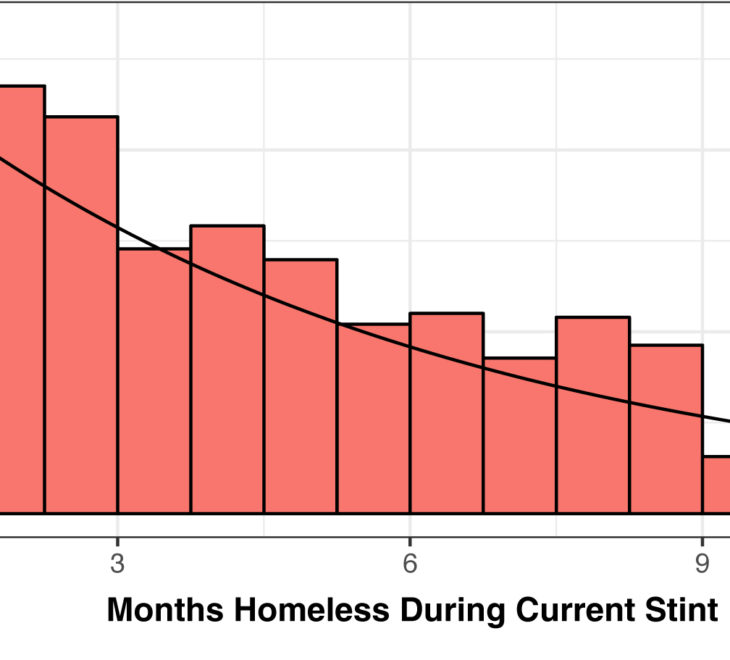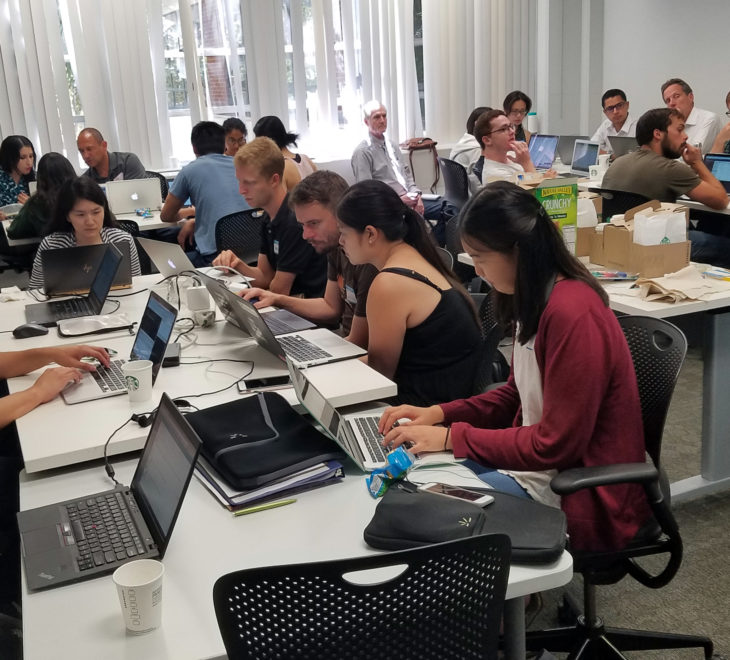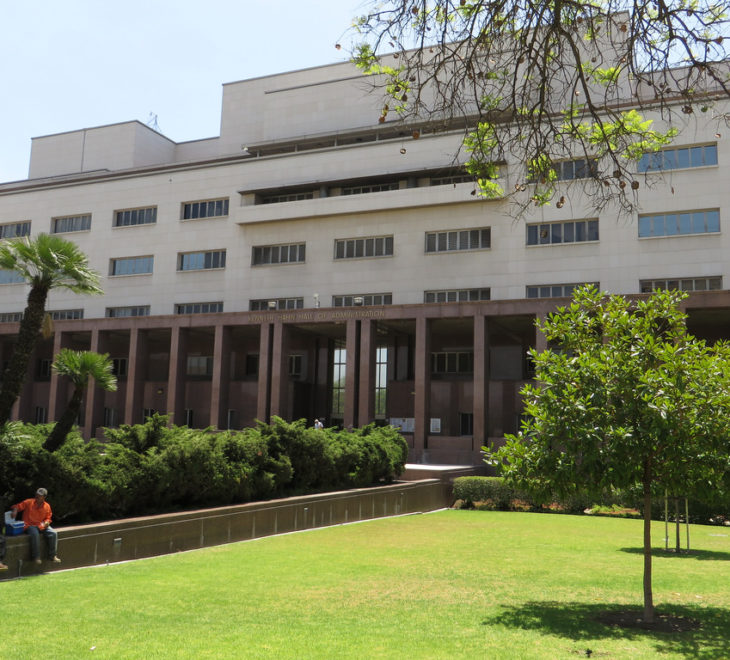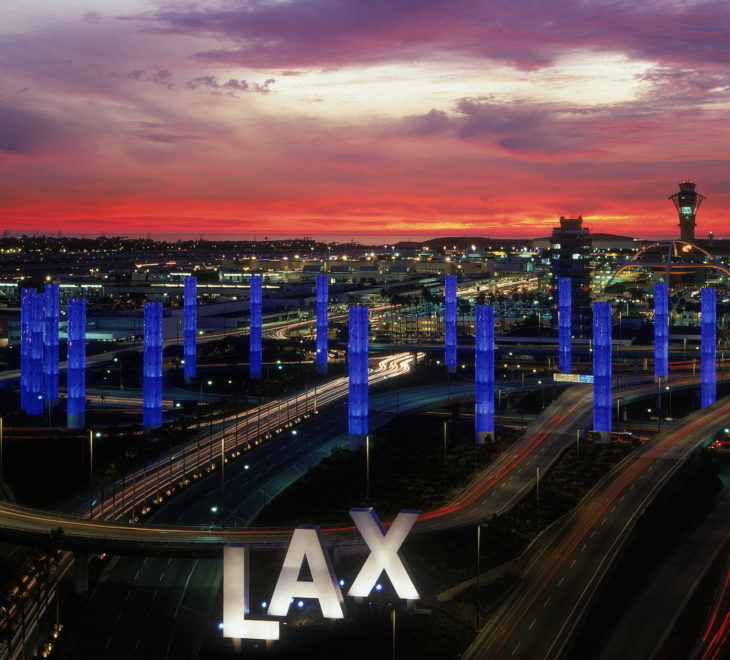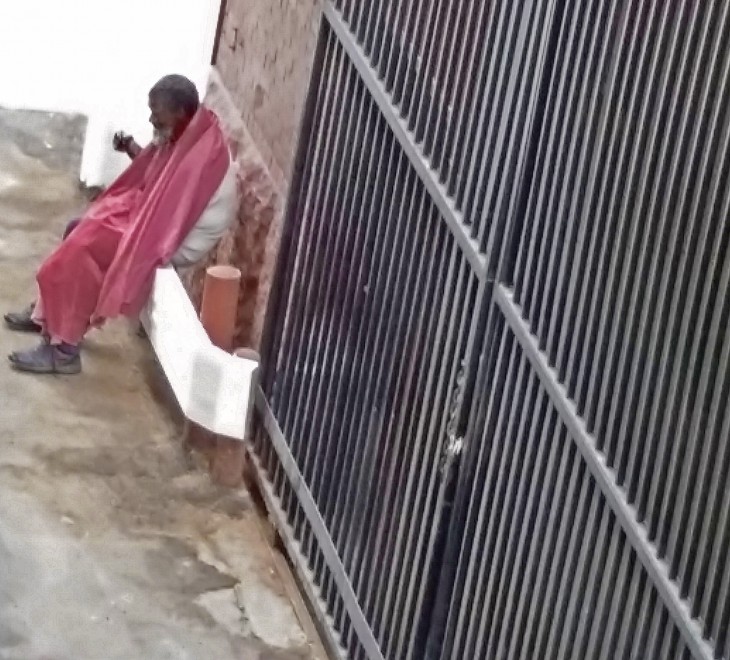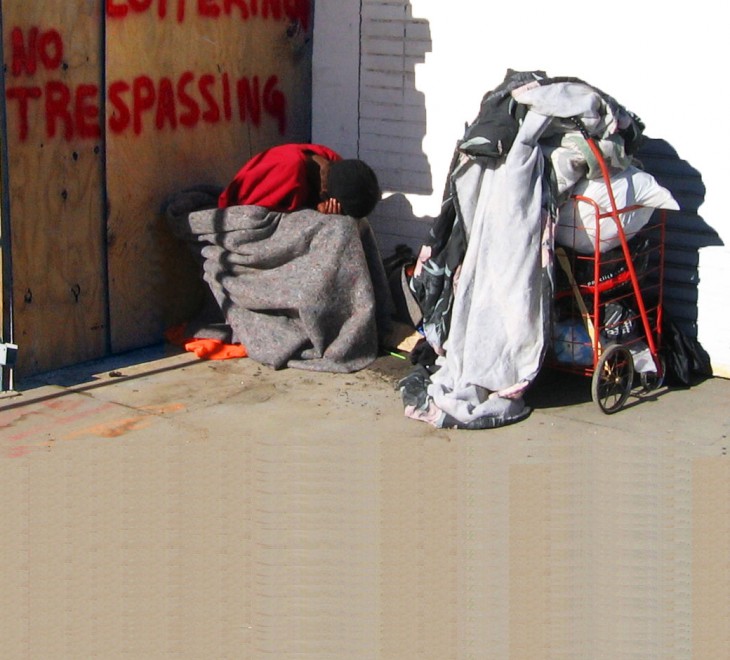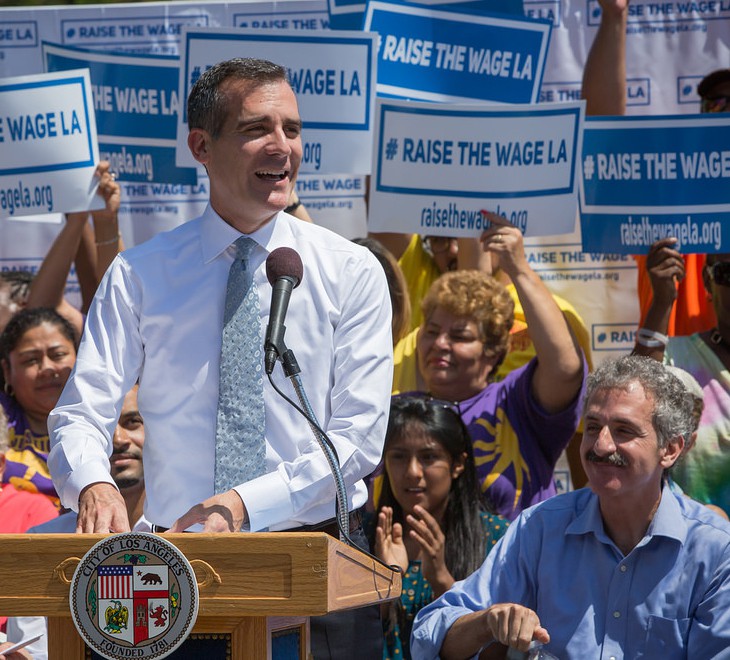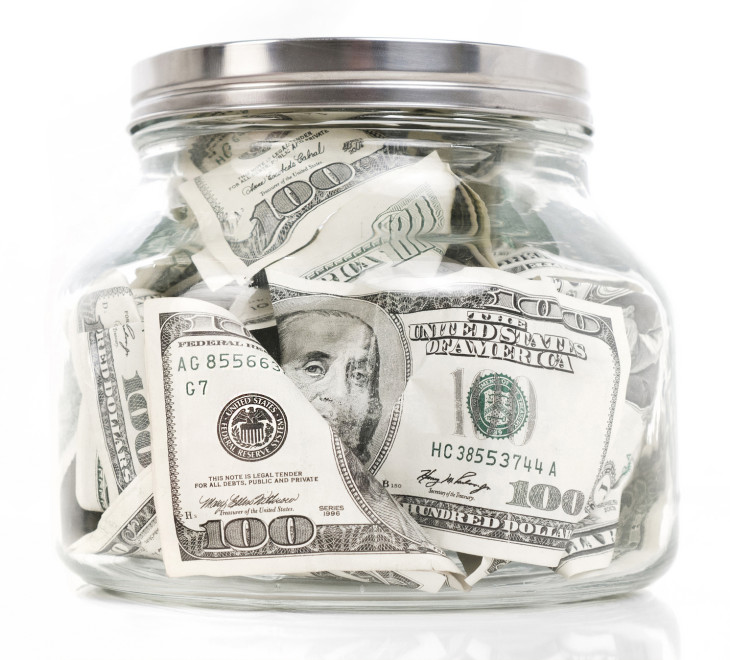FOR IMMEDIATE RELEASE
October 13, 2015
Contact: Gabriella Landeros, 213-446-8801, gabriella@launionaflcio.org
***MEDIA AVAILABILITY FROM 10 AM – 12 PM TODAY***
Raising Long Beach Minimum Wage to $15 With Enforcement Provisions Would Add an Estimated $442 Million, Stimulating Economy
Momentum Builds for Comprehensive Minimum Wage Ordinance as New Report Shows Almost $70 Million in Increased Public Revenue by 2020
Long Beach, CA – Raising the minimum wage to $15 with enforcement provisions in Long Beach would have a broad stimulus effect on the region and would benefit businesses, workers, and the economy, according to a new report released today by the Economic Roundtable, a public policy research organization.
The Raise the Wage Campaign is urging Long Beach City Council to adopt a comprehensive minimum wage policy that includes $15 an hour tied to the cost of living, paid sick days beyond the state mandated of three days, and strong wage enforcement to ensure workers are not having their wages stolen from their employer.
The Economic Roundtable Study finds that an increase would infuse an estimated $442 million in increased sales and add 3,186 new jobs to the region. The report also demonstrates that raising the wage – and enforcing the new policy – would generate almost $70 million in increased public revenue by 2020.
Added income from a $15 minimum wage will help over 6,500 workers and their families rise out of poverty by 2020, with the share of workers in poverty dropping from 10.3 percent to 5.7 percent. Additionally, $15 would also save taxpayers $78 million in public assistance expenditures, including a $26 million dollar reduction in cash welfare payments.
The full report is available at: http://economicrt.org/
“Raising the minimum wage to $15 in Long Beach and enforcing it wouldn’t just help workers, but it would also put Long Beach on a path to become a stronger and more sustainable city,” said report author and Economic Roundtable President Daniel Flaming.
To schedule an interview between 10 a.m. – 12 p.m. today with Daniel Flaming, please email Gabriella Landeros at gabriella@launionaflcio.org.
The study is the latest in a band of research that shows Long Beach workers need higher wages to raise their families. The City of Long Beach has 81,800 residents who are paid less than $15 an hour and 22,300 residents who are working have family incomes below the poverty level. Currently, nearly one-third of all breadwinners in Long Beach make less than $15 an hour. That includes 39% of Latino, 28% of African-American, and 29% of female heads of households.
Long Beach is the second largest city and economy in the region and the Port of Long Beach generates $180 billion a year, yet working families are living in poverty. With a booming industry and billions pouring into the city, it’s difficult to imagine that almost 40 percent of the people who work here earn less than $15 an hour and live in poverty.
“Raising the minimum wage to $15 in Long Beach is smarter for the economy and enables a stronger workforce. It means that families will no longer have to make the decision between paying for rent or putting food on the table,” said Rusty Hicks, Executive Secretary-Treasurer of the Los Angeles County Federation of Labor and a co-convener of the Raise the Wage campaign. “Additionally, without local enforcement, employers will continue to commit wage theft against their workers and not provide paid sick days.”
Low-wage jobs make up a growing share of employment available to Long Beach residents, particularly with the departure of aerospace jobs. Restaurants and retail employ the largest number of workers in poverty, with 69% of workers in the restaurant industry and 55% of workers in the retail industry making less than $15, respectively.
“Living in Long Beach is becoming more and more unrealistic for workers in today’s economy. I’m hardly able to keep up with bills, and it’s a constant struggle to ensure my employer doesn’t cheat me out of a hard day’s work,” said Jedi Jimenez, Long Beach retail worker and member of the Filipino Migrant Center.
Fast facts about Long Beach’s economy:
• Overall, 36% of Long Beach workers are paid less than $15 an hour
• 10% of Long Beach workers and all of the people in their households live in poverty.
• Of all of the low wage workers in Long Beach, 51% are Latino, 21% are European American, 12% are African-American, and 12% are Asian-American/Pacific Islanders.
• Wages have stagnated in Long Beach, while rents have increased. The city’s median gross rent is $1,106/month and 31% of its renters are paying over half their income towards rent.
• 87% of the City’s low wage workers are 19 – 55 years old – with only 3% of low wage workers being teenagers.
• On average, a job in the local restaurant industry pays workers an annual income of only $17,921, and in the retail industry $27,422.
• The informal economy employs many workers in the City, with 10% of Long Beach workers employed below the table. This necessitates a strong wage enforcement bureau, as workers in the informal economy are more vulnerable to wage theft and lack legal protections.
• 17% of Long Beach workers make less than $9 now, and that is just a small portion of the workers in this city experiencing wage theft.
• Before the state’s paid sick days bill passed, 44% of Long Beach workers lacked sick days. The state bill is not at all sufficient. Other cities like San Francisco and Seattle, and states like New Jersey, offer up to 5 days. The state bill also lacks any enforcement, which hurts workers who face punishment for taking paid sick time and isn’t inclusive of LGBT families.
###
Raise the Wage is a coalition of business, labor and community leaders working to raise the minimum wage to $15, with enforcement provisions and paid sick days, to bring thousands of workers out of poverty.
Find out more at www.laraisethewage.org



